Accountability to communities
We are committed to being fully accountable to the children and communities we serve, as well as to our donors, supporters and peers in the aid sector.
By supporting our national offices, we make sure that accountability is built in to our programmes and processes. To do this, we have a Programme Accountability Framework and accompanying self-assessment tool. Its four components are:
• Providing information
• Consulting with communities
• Collecting and acting on feedback and complaints
• Promoting participation
These four components are essential in being accountable to the communities we work with.
Accountability Learning Initiatives
We partnered with selected national offices in piloting different ways of improving accountability to communities, providing technical support, capacity building and funding.
These pilot projects, called "Accountability Learning Initiatives" enabled national offices to integrate accountability into long term development programmes, adapting to their particular context and capacity.
In 2014-2016, pilots were supported in Ethiopia, Somalia, Nepal and Pakistan. Lessons from the pilots are providing direction taking his work to wider operational areas.
Ethiopia
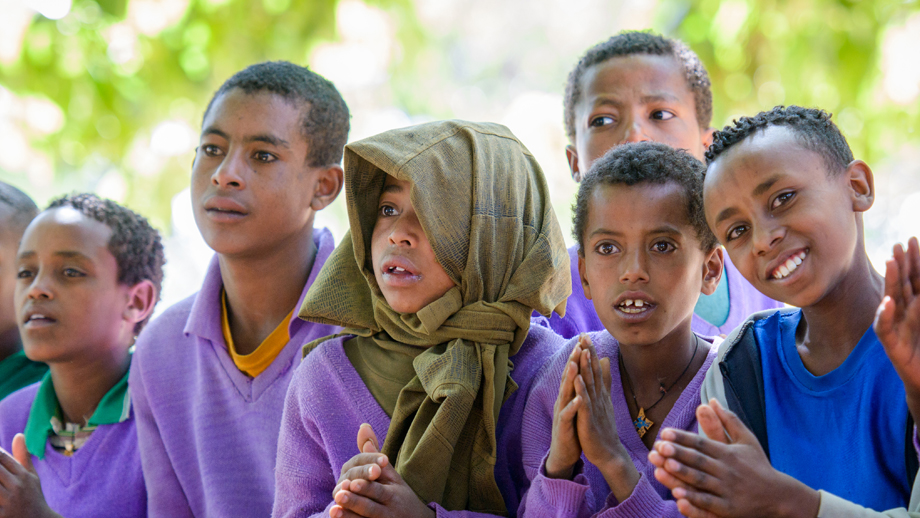
In Libo Kemkem and Yilmana Densa Area Development Programmes (ADPs), we’ve been training staff in understanding accountability
Read more
In Libo Kemkem and Yilmana Densa Area Development Programmes (ADPs), we’ve been training staff in understanding accountability and ensuring that the communities we work with receive information about the projects and know how they can share feedback or concerns with us. In this context, the most effective way of receiving feedback is through community volunteers. Equipped with notebooks, the volunteers record suggestions, complaints or other feedback and share these with our staff to provide a response. Recent feedback included the request to involve the community more in the selection of participants. This has now been addressed for all projects.
Read less
Nepal
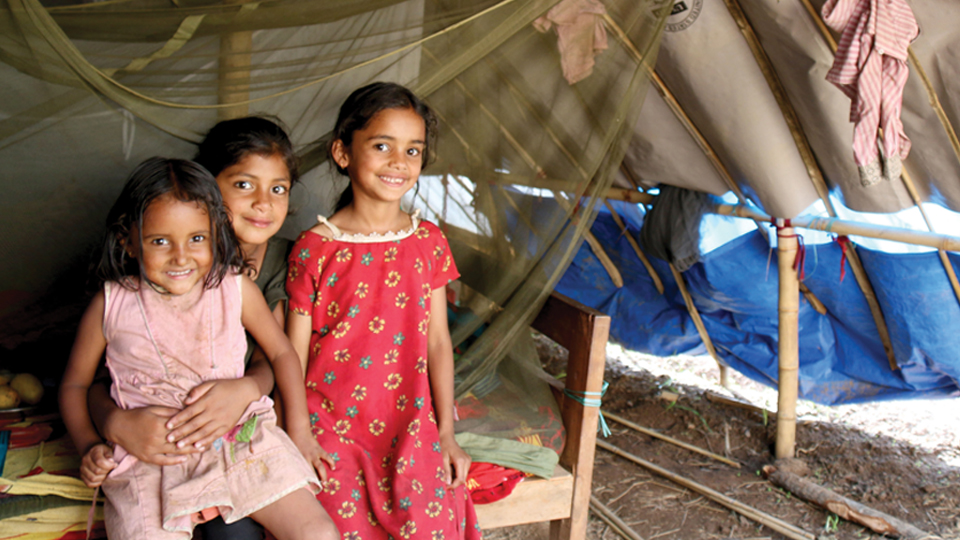
The Accountability Learning Initiative in Nepal built on learning lessons from the emergency response
Read more
The Accountability Learning Initiative in Nepal built on learning lessons from the emergency response. It has helped us to begin integrating accountability into development programmes through staff training and piloting feedback systems in two ADPs. We've already received and responded to a significant amount of feedback.
Read less
Pakistan
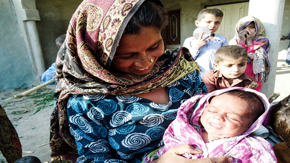
In Rawalpindi, Pakistan, feedback systems were integrated into two urban projects
Read more
In Rawalpindi, Pakistan, feedback systems were integrated into two urban projects. The Accountability Learning Initiative aimed to increase access to information and opportunities for women and youth - some of the most vulnerable people - to give feedback. One community member told us that since the Accountability Learning Initiative started, she feels that, "they [World Vision staff] listen to our complaints and they are serious to resolve our issues, and of course they will come to listen to us again".
Read less
Somalia
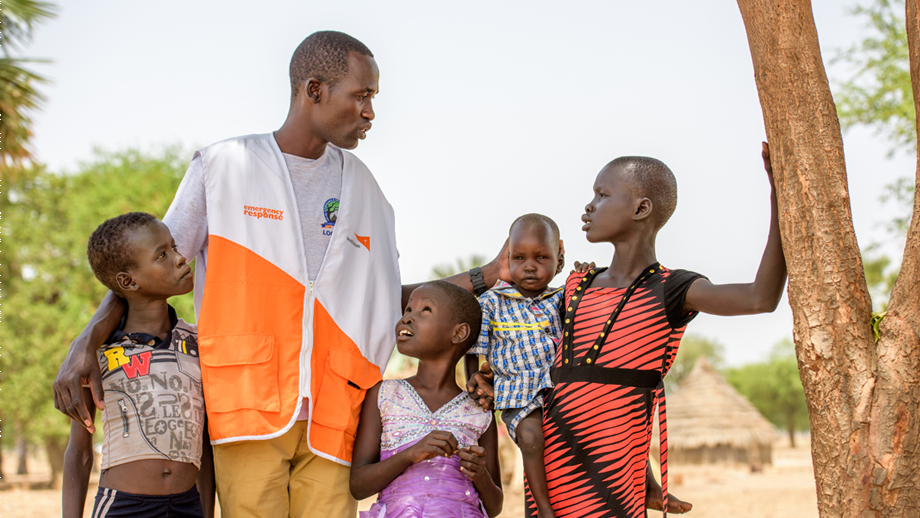
In Baki District, Somaliland, the Accountability Learning Initiative strengthened our accountability to communities
Read more
In Baki District, Somaliland, the Accountability Learning Initiative strengthened our accountability to communities by establishing different ways to provide information and to collect and respond to feedback, including testing the use of SMS for feedback. We've used the lessons from this to improve accountability into other programmes.
One teacher commented, "We appreciate World Vision for coming up with this initiative of listening to our voices. In the past, we didn’t know of any way to forward our ideas and grievances. From today I will use the feedback mechanisms to speak all my feelings to World Vision".
Read less
Beneficiary Feedback Mechanisms Pilot (2013-2016)
We led a consortium, funded by the UK Department for International Development (DFID), to support seven NGOs to pilot Beneficiary Feedback Mechanisms (BFMs) and learn: what makes a beneficiary feedback system effective? Does it improve accountability to communities and the delivery of projects? Is it worth the investment?
To help answer these questions, three approaches to collecting feedback were tested:
- Mobile phone technology for feedback through SMS and voice calls
- Structured questions to seek feedback about specific aspects of the project at regular intervals
- Community- designed feedback systems through which communities decided what issues they would like to provide feedback about and how.
Learning from the BFM Pilot has been captured through a suite of case studies (below), learning documents, a short video documentary and practical guidance. These resources will be made available for other organisations to use. For more information, contact the Evidence and Accountability Team.
Case studies
Ethiopia
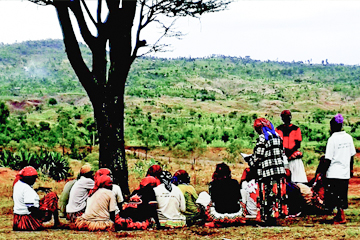
AMREF Health Africa implemented a GPAF project in the South Omo and Segen Area People zones of southern Ethiopia.
Read more
AMREF Health Africa implemented a GPAF project in the South Omo and Segen Area People zones of southern Ethiopia.
The project aimed to improve maternal and child health through strengthening the district health system, and specifically by training community and mid-level health workers and raising community awareness.
Within the project’s target areas, Konso District was selected to pilot beneficiary feedback mechanisms. the beneficiary feedback mechanisms pilot was designed to foster a greater sense of voice and empowerment among project beneficiaries.
Read less
India (CINI)
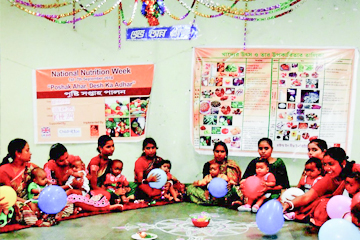
Child in Need Institute is a local NGO supporting children, adolescents and women in disadvantaged areas of India.
Read more
Child in Need Institute is a local NGO supporting children, adolescents and women in disadvantaged areas of India.
It piloted a Beneficiary Feedback Mechanism (BFM) in its urban Maternal and Child Health Nutrition Project in Kolkata.
The project’s goal is to reduce infant mortality and improve maternal health by facilitating access to government social welfare schemes and quality health services.
Read less
India (MAMTA)
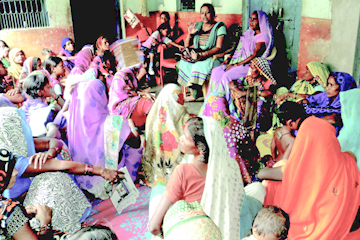
MAMTA Institute for Mother and Child, an Indian NGO based in Uttar Pradesh, implemented a GPAF funded project
Read more
MAMTA Institute for Mother and Child, an Indian NGO based in Uttar Pradesh, implemented a GPAF funded project that aimed to improve maternal and child health for the most marginalised (including lowest castes and ethnic/religious minorities), raise awareness of positive healthy behavioural practices among the socially excluded, and link target beneficiaries with government service providers.
Read less
Pakistan
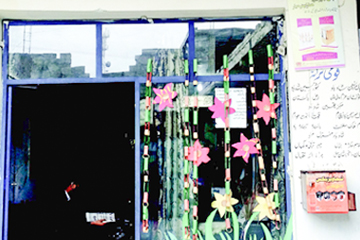
Suggestion box at school Rahnuma is the Family Planning Association of Pakistan.
Read more
Suggestion box at school Rahnuma is the Family Planning Association of Pakistan. Rahnuma piloted a beneficiary feedback mechanism (BFM) in its Urban Education, Health and Poverty Reduction Project.
The project aimed to integrate education, health and income generation services for 14,000 school students, their mothers and families, in Pakistan.
This project targeted students to raise their awareness about nutrition and sexual reproductive and health issues, and to link them into Rahnuma’s clinics and mobile camps.
The project also provided micro-credit and skills development to the families of the most vulnerable students.
Read less
mobile (SIMLab)
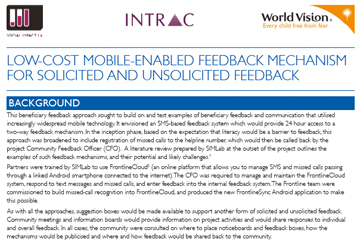
This beneficiary feedback approach sought to build on and test examples of beneficiary feedback and communication that utilised increasingly widespread mobile technology.
Read more
This beneficiary feedback approach sought to build on and test examples of beneficiary feedback and communication that utilised increasingly widespread mobile technology.
It envisioned an SMS-based feedback system which would provide 24 hour access to a two-way feedback mechanism.
In the inception phase, based on the expectation that literacy would be a barrier to feedback, this approach was broadened to include registration of missed calls to the helpline number, which would then be called back by the project Community Feedback Officer (CFO).
A literature review prepared by SIMLab at the outset of the project outlines the examples of such feedback mechanisms, and their potential and likely challenges.
Read less
Somaliland
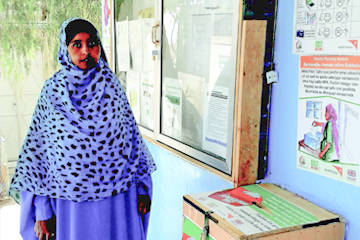
Health Poverty Action (HPA) worked to strengthen service provision at 11 Maternal child Health facilities (MCH), in Maroodi Jex region, somaliland.
Read more
Health Poverty Action (HPA) worked to strengthen service provision at 11 Maternal child Health facilities (MCH), in Maroodi Jex region, somaliland.
The GPAF project targeted enhancing access and the quality of services for internally displaced women.
Read less
Tanzania
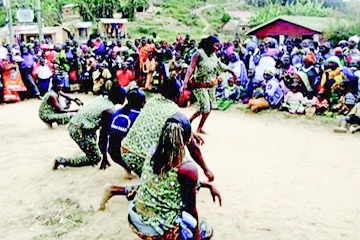
Doctors with Africa CUAMM is a leading Italian NGO in the field of healthcare cooperation.
Read more
Doctors with Africa CUAMM is a leading Italian NGO in the field of healthcare cooperation.
It piloted a Beneficiary feedback Mechanism (BFM) in one of its rural maternal and child health projects in tanzania, and used SMS and voice calls to receive ‘unsolicited feedback’ from the community.
Read less
Zimbabwe
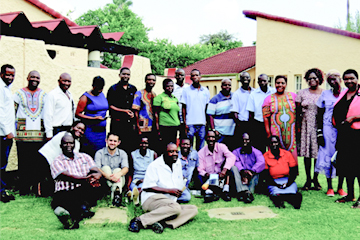
In Zimbabwe, the Adventist Development and Relief Agency (ADRA) integrated beneficiary feedback mechanisms (BFM) into their ongoing GPAF project, which aimed to improve maternal health care services for 7,500 women in Gokwe North District.
Read more
In Zimbabwe, the Adventist Development and Relief Agency (ADRA) integrated beneficiary feedback mechanisms (BFM) into their ongoing GPAF project, which aimed to improve maternal health care services for 7,500 women in Gokwe North District.
It was anticipated that collecting and responding to beneficiary feedback would provide greater insight into some of the factors that influence access, use and quality of maternal and child health services.
Although this was the original intention of the BFM, the pilot focused on the satisfaction of beneficiaries with the 3 project services provided.
Read less
Synthesis Report
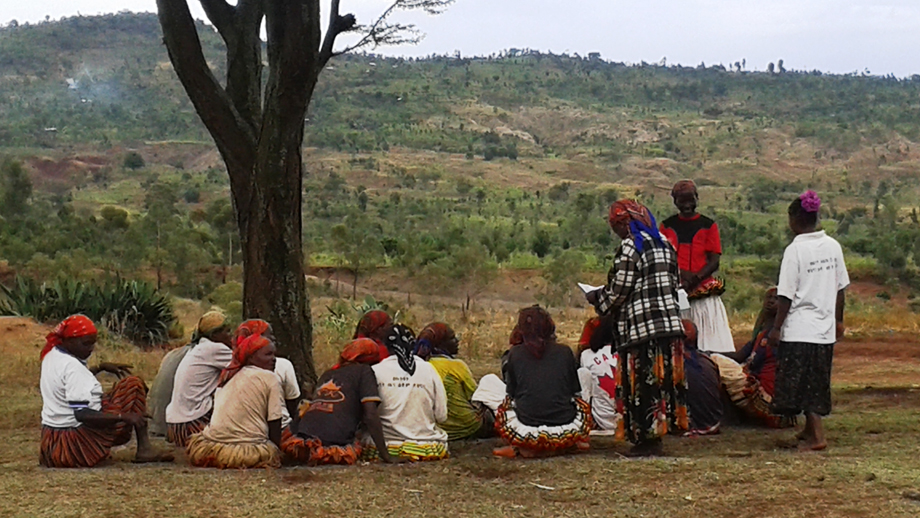
World Vision strives to be accountable to communities in its work. Over the past 7 years WVUK has supported pilots with a particular focus on how accountability can be strengthened through improved transparency and Community Feedback and Response Systems
Read more
World Vision strives to be accountable to communities in its work. Over the past 7 years WVUK has supported pilots with a particular focus on how accountability can be strengthened through improved transparency and Community Feedback and Response Systems (also known as ‘Beneficiary Feedback Mechanisms’). Community Feedback and Response Systems provide a channel for children, community members and partners to easily raise questions, suggestions and concerns about World Vision's activities, and for action to be taken in response.
The Systems incorporate strengthened transparency through information provision so that community members know the commitments, standards and expectations to which World Vision can be held to account. This paper shares key lessons and considerations to help inform World Vision’s continued efforts to strengthen its accountability to communities.
Read less
Resources
Practice Notes
We've worked with DfID, our consortium partners and other agencies to produce these practice notes for you »
They're practical tips for any organisation setting up Beneficiary Feedback Mechanisms, to help you navigate the challenges and create a robust and user-friendly system.
We hope you find them useful and would love your feedback »
Banner image: Lee-Ap, 13 (centre) and friends in Cambodia. Copyright 2015 Alexander Whittle | World Vision












